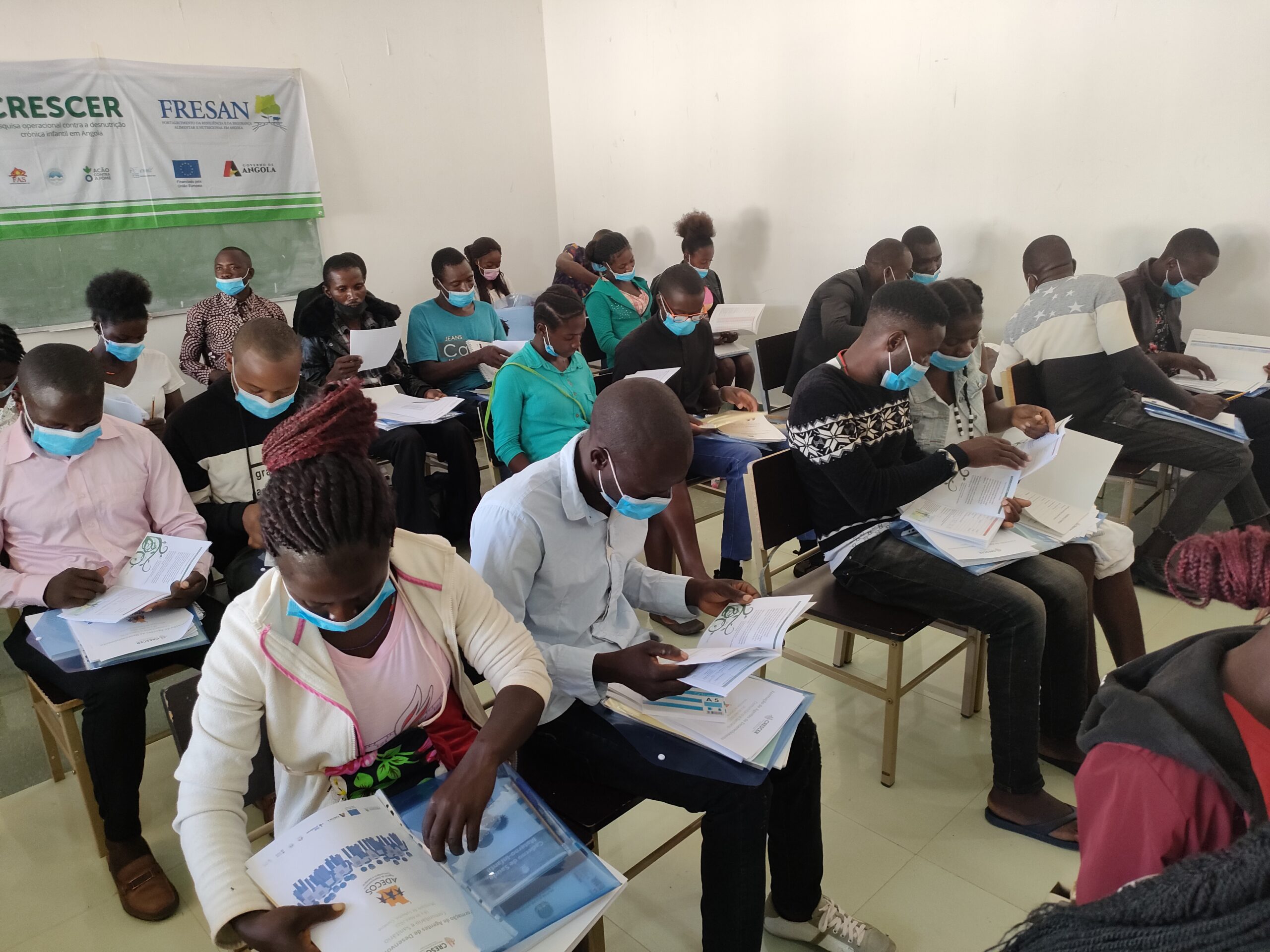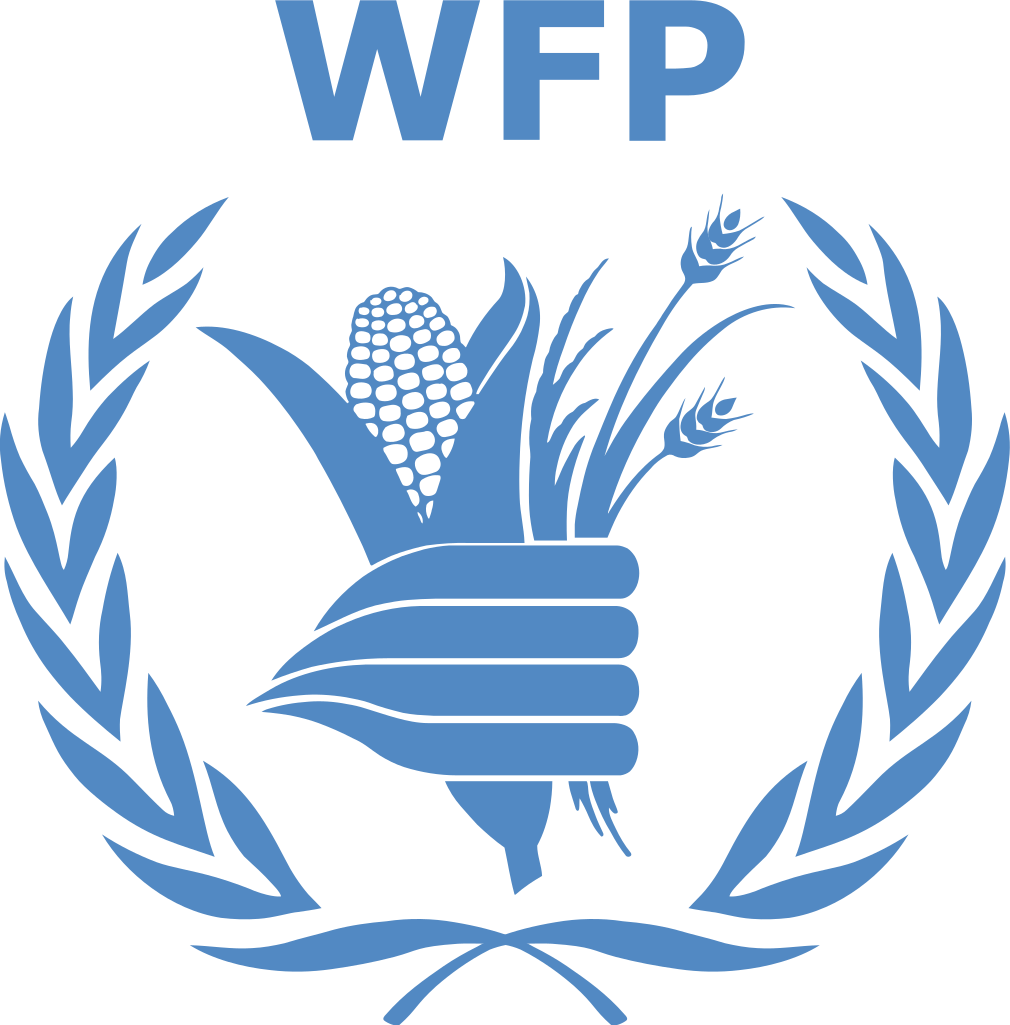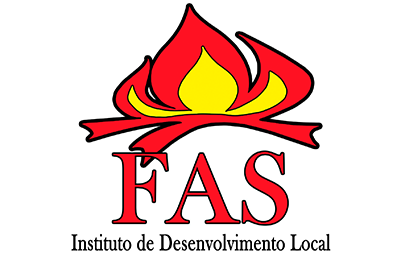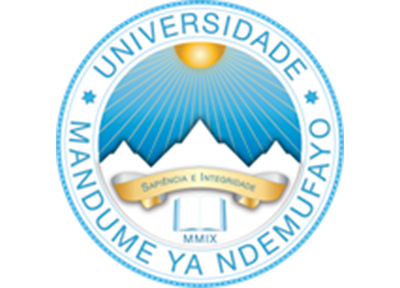Lubango, October 25th, 2021
The CRESCER Project held this Friday, October 22, 2021, at the Faculty of Medicine of the Mandume Ya Ndemufayo University (UMN), in Lubango, Huíla Province, the academic launch event for 99 4th year medical students.
This event, whose opening was in charge of the Vice-Rector for Administration and Management of the Mandume Ya Ndemufayo University, Sebastião António, is an incentive for medical students to use research in the fight against child malnutrition.
The Director of the Scientific Research and Post-Graduation Office of the UMN and Coordinator of the project CRESCER by the UMN, José Carlos Lima, gave a lecture under the theme “The importance of clinical and operational research as a knowledge engine: from the classroom to the field”.
He also stated that students and the academic and scientific area should contribute to create new knowledge and identify solutions, as well as put the knowledge at the disposal of the society, identifying that the final products of the research in the framework of the CRESCER project should facilitate decision making at the political level in the area of chronic malnutrition.
The Technical Group of the CRESCER Project in Angola, led by its General Coordinator, Elena Trigo Esteban, and the coordinator of FAS – Institute for Local Development, Maria de Lourdes Faria, explained to the students the importance of being close to the most vulnerable families in the municipalities and communes, leaving the classroom and going out to the field, and encouraged them to be an active part of the research in the field.
In the words of Elena Trigo Esteban, the CRESCER project aims to share in a practical way and as a driver of change by generating knowledge and promoting scientific advancement. The direct application in communities will improve the lives of people, especially the most vulnerable, and will generate high quality evidence to support public policies based on reliable data and with a cost-effectiveness focus. The project activities will take place in Huila and Cunene provinces from 2021 to 2024.
Maria de Lourdes Faria, from FAS addressed the theme of ADECOS, Community Development and Health Agents, which is the community aspect of health and the ideal bridge between families and health technicians in the municipalities, stressing to students as future professionals that this figure will be key in the development of community health in Angola in the coming years.
The CRESCER Project is component IV of the Program for Strengthening Resilience and Food and Nutrition Security in Angola (FRESAN), a partnership between the Government of Angola and the European Union, and aims to contribute to the generation of evidence, dissemination and transfer of knowledge of strategies to reduce malnutrition and under-five mortality in the Provinces of Huila and Cunene through operational research.
It has as intervening partners the Vall d’Hebron University Hospital Foundation – Research Institute (VHIR) of Spain, which coordinates the Project, Carlos III Health Institute (ISCIII), Action Against Hunger Foundation (ACF), Mandume ya Ndemufayo University (UMN) of Lubango and FAS – Institute for Local Development.
In the words of Elena Trigo Esteban, the CRESCER project aims to share in a practical way and as a driver of change by generating knowledge and promoting scientific advancement. The direct application in communities will improve the lives of people, especially the most vulnerable, and will generate high quality evidence to support public policies based on reliable data and with a cost-effectiveness focus. The project activities will take place in the Huíla and Cunene provinces from 2021 to 2024.
Maria de Lourdes Faría from FAS addressed the topic of the ADECOS, Community Development and Health Agents, which is the community aspect of health and the ideal bridge between families and health technicians in the municipalities, stressing to students as future professionals that this figure will be key in the development of community health in Angola in the coming years.
The CRESCER Project is the component IV of the Program for Strengthening Resilience and Food and Nutrition Security in Angola (FRESAN), a partnership between the Government of Angola and the European Union, and aims to contribute to the generation of evidence, dissemination and transfer of knowledge of strategies to reduce malnutrition and under-five mortality in the Provinces of Huila and Cunene through operational research.
It has as intervening partners the Vall d’Hebron University Hospital Foundation – Research Institute (VHIR) of Spain, which coordinates the Project, Carlos III Health Institute (ISCIII), Action Against Hunger Foundation, Mandume ya Ndemufayo University (UMN) of Lubango and FAS – Institute for Local Development.












